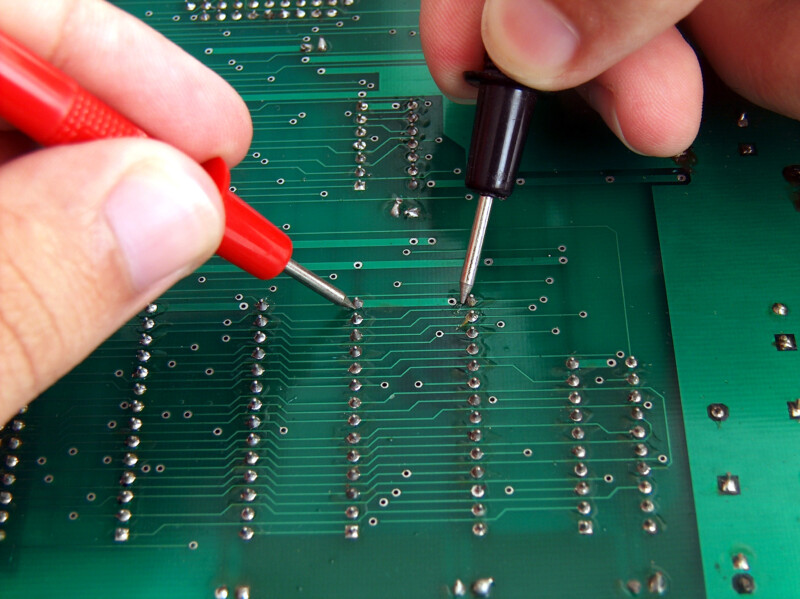There is an acute power shortage in Nigeria, especially in the rural areas. The Federal University of Technology, Owerri, is situated on the outskirts of the city and is surrounded by rural communities. People are migrating to solar systems as a means of power generation in their households and business places. Although investment in solar systems is expensive in the short run, the inverter, which is the heart of a solar system, has made most users uncomfortable with the system. There are instances of the inverter breaking down and it cannot be repaired, especially issues concerning the processor. Issues relating to processors mean that the inverter would be thrown away because access to the processor code is released by the manufacturer.
Therefore, this project tends to provide workshops to train and retrain youths in the nearby communities on how to produce a re-programmable solar inverter and its troubleshooting. Students from secondary schools would also be invited to take part in the training. This is aimed at producing good-quality and cheaper inverters that can be repaired and reprogrammed locally. In this way, producing cleaner energy within the community would be cheaper and more reliable. At the end of the workshop, participants can assemble and program an inverter that would be used in a solar system.
To sustain the program and lessons learned, an NGO, Afro-Indian Gandhi Peace Foundation (AIGPF), has agreed to step in to provide more training and empower the youths to commercialize their skills. The inverter production skills will be acquired through the training workshop. The training would focus on component identification, PCB design using the Proteus suite, PCB etching and printing, programming the surface mount chip (SMC), power calibration, etc.
EPICS in IEEE (Fischer-Mertel Community of Projects) granted this team $5,020 to complete this project and deploy a prototype in the community.

